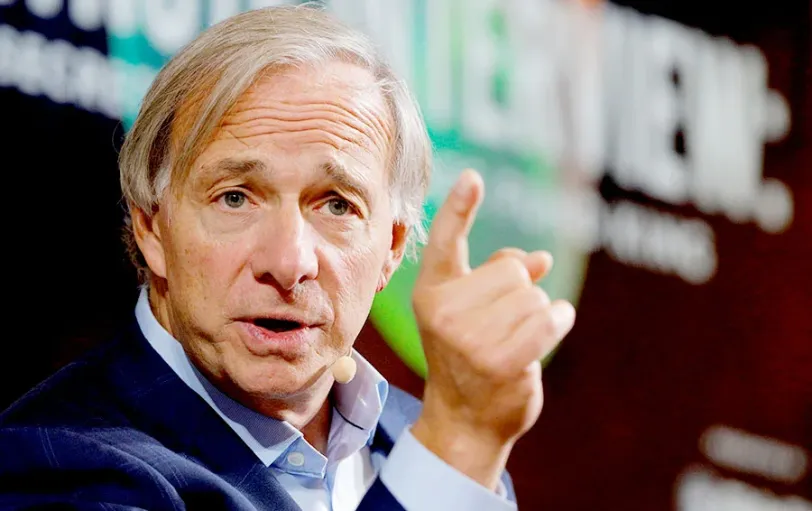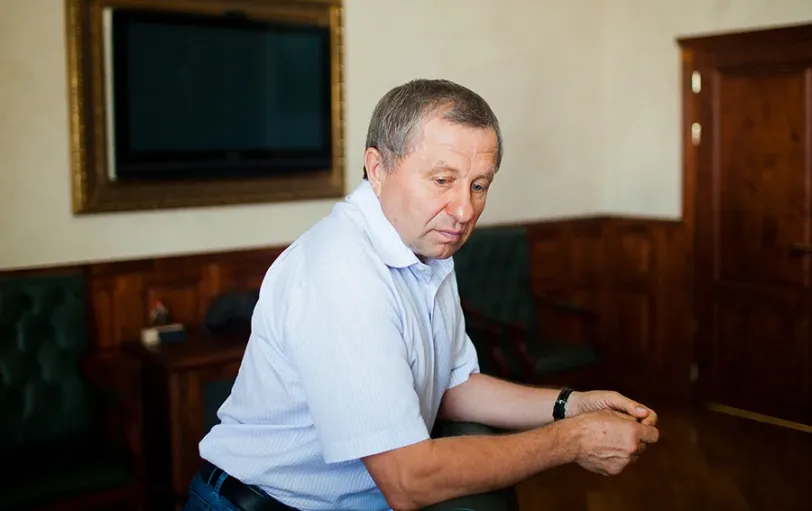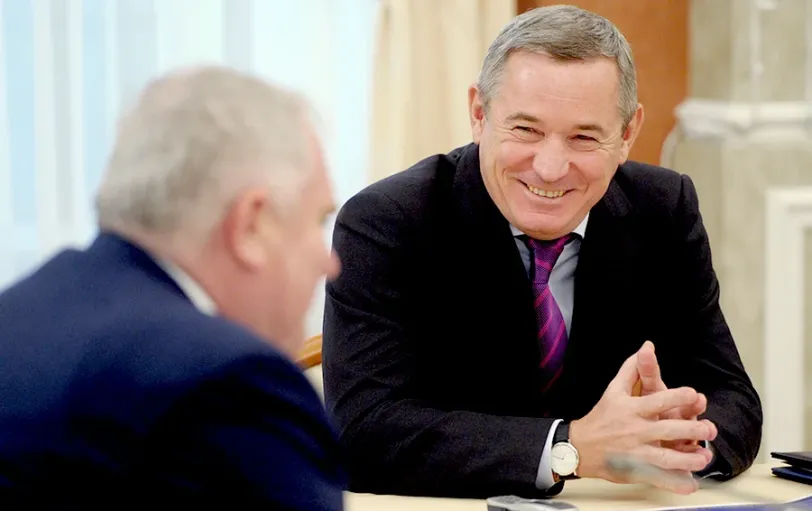The businessman is convinced that his clear principles allowed him to succeed and build a $160 billion asset management company.
Ray Dalio (#54 in Forbes’ global ranking, wealth $16.8 billion), a self-described dumb shit, advised several U.S. Treasury secretaries and the head of the European Central Bank. He convinced Bill Gates, Ilon Musk, Netflix founder Reed Hastings, and Nobel Peace Prize winner Mohammad Yunus to take a one-hour personality test. And in four decades he built the largest hedge fund in the world, Bridgewater Associates, which manages $160 billion in assets. Forbes now estimates his fortune at $17 billion and he is ranked as the 69th richest man in the world.
Dalio insists that he himself does not deserve to be recognized for his success. “I want to emphasize that it was these principles that made me successful. Not me,” the businessman said in a conversation with a Forbes reporter. Nevertheless, these principles were created by the billionaire himself, and from Bridgewater employees he demands that they strictly follow them. These rules are compiled in Dalio’s book, which is called The Principles. It was published in late September. In fact, the book consists of two parts: an autobiographical account and a detailed description of the attitudes that guide the billionaire in his life and in his work.
“A lot of people on this [Forbes 400] list would help other people if they wrote down their ways of dealing with different situations,” Dalio explained. “I felt I had to do that,” he added.
“The key to our success was the idea of meritocracy. In order to successfully implement it, you need three things: 1. Tell it like it is. 2. Your arguments need to be thoughtful so that people, when they hear them, are willing to change their minds. 3. Agree to solve the problem if you can get out of the situation without harm. And to do that, you have to be extremely honest and extremely transparent, and I mean you have to let people see and say almost everything. If you’re not transparent, people won’t know enough about what’s going on to be able to form an independent opinion, and if you don’t expect the truth from people, you’ll never know if they’re really saying what they think,” he told Forbes.
In the book, he also recounted attending Harvard Business School in the 1970s, his first job at the Wall Street Shearson brokerage, where he punched his boss in the face and was then fired. Speaking to Forbes, he explained that the incident occurred at a New Year’s Eve party.
In 1982, seven years after he launched Bridgewater in the spare bedroom of his apartment, Dalio lost so much money that he could not afford to pay any of his employees. He had to fire them and borrow $4,000 from his father until he sold his family’s second car.
Dalio is also known for an unusual management technique he implemented at Bridgewater called “total transparency. Using the Dot Collector app, employees rate each other on several dozen metrics.
According to the businessman, the purpose of this is to promote “open, idea-driven, collective decision-making. Baseball Cards are also made for each employee, indicating their strengths and weaknesses. It takes about 18 months to implement this methodology at the company, and about 40% of employees refuse to work with it and quit, Dalio said.
Nevertheless, the principle gives results: in the crisis year of 2008, Bridgewater, according to the billionaire, grew by 14%, while other funds sagged by almost a third. In 2010, the company grew by 45%. Nevertheless, following guidelines doesn’t always guarantee success, and Bridgewater has posted mixed results in recent years.
Dalio says he has spent a lot of time trying to understand how the brain works, why different people act differently, and how decisions are made. He tested Gates and Musk, the businessman writes in the book, to see what guided them. Dalio calls such people “reformers”-essentially dreamers who have built companies that now play an important role-and he asked them to take personality tests to gather the necessary data.
Dalio described 2017 as his transition year. He resigned as co-CEO in April (he had already left that post in mid-2011, but returned in March 2016). Now, at age 68, he’s chairman of Bridgewater, but he doesn’t think he’ll be in that position much longer.
“I would assume that in three years I won’t be serving as chairman … Because my main goal is to make things work without me,” Dalio said. He added that he plans to write another book.



